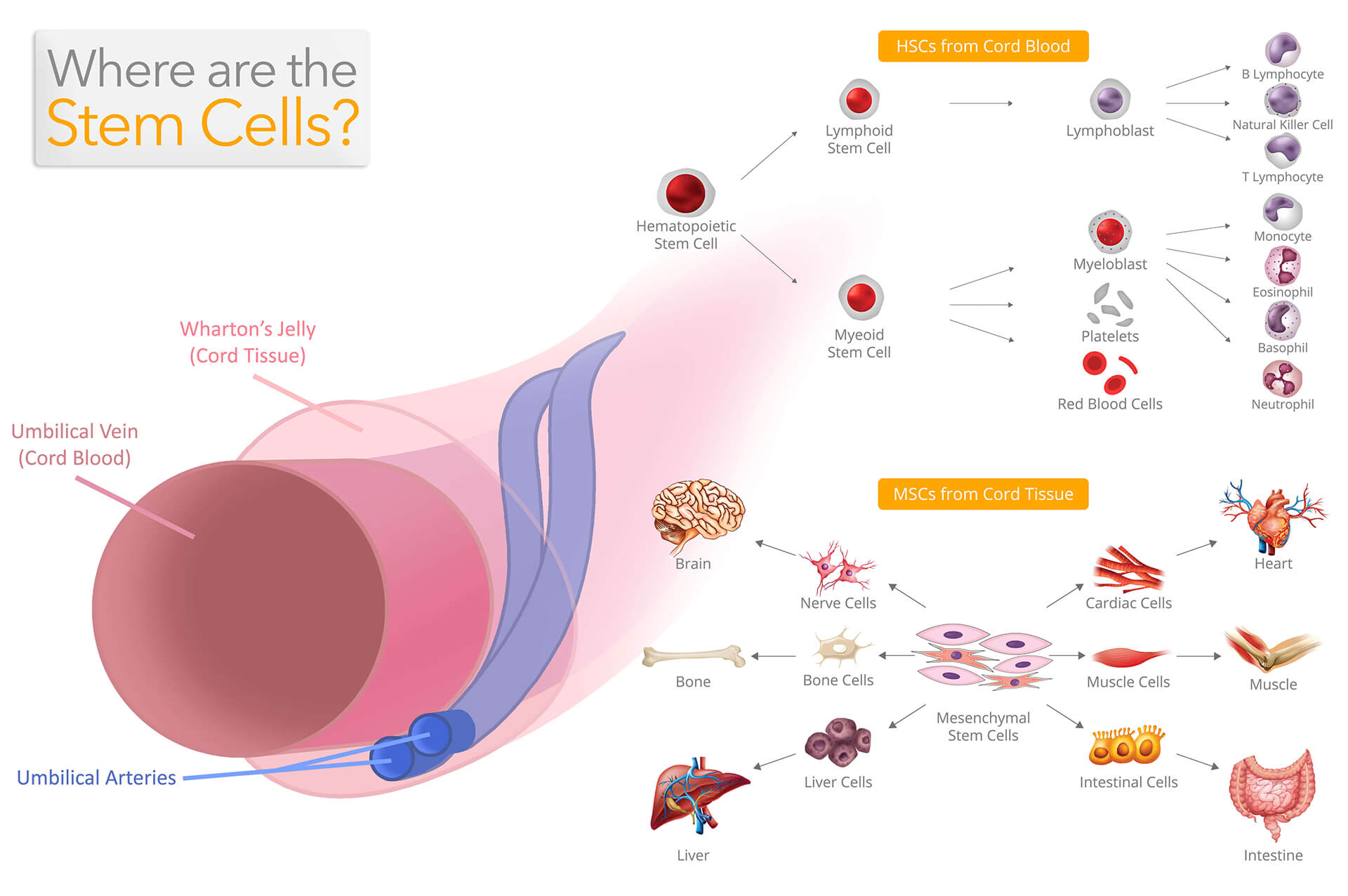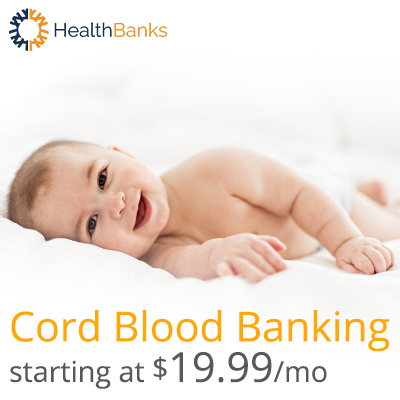
It can be difficult to pinpoint the exact date of conception. If you are trying to learn how to count the weeks of pregnancy, here is a brief guide.
The Start, or Gestational Age
The first week, also known as the gestational age, is the number of weeks since a women’s last period. This can be tricky to calculate for women whose periods are irregular. A woman that is trying to get pregnant can use a period tracking app to help keep track of the gestational age. Those with regular periods can simply count backwards on the days and weeks to know during which cycle conception occurred.
But Am I Actually Pregnant During the Gestational Age?
From a strictly technical standpoint, you are not pregnant on the first day of the “pregnancy.” This is because the pregnancy cycle is tied to the menstrual cycle. The first day of your period, your body is preparing for a possible pregnancy. The pregnancy occurs when, during that preparatory cycle, a fertilized egg implants into the womb. Again, strictly technically speaking, implantation is the start of the pregnancy. Nevertheless, counting the weeks of pregnancy using the date of your last cycle is important to set the due date range, and to know what to expect week by week as the fetus grows.
Signs of Pregnancy
Some women have early indicators that the implantation has taken place, while others have no symptoms at all. For those that do experience symptoms, common signs are morning sickness, a heightened sense of smell and fatigue. The best way to know, however, is to take a pregnancy test and/or consult with your physician. It is important to know if you are pregnant, and how far along, because there are vital steps, tests and actions to take week by week.
For example, during those early days of the pregnancy, you will need extra folate. This is to support the baby’s development and help prevent defects of the neural tube. Women actively trying to conceive should pre-emptively take folate.
Taking Care of Baby Now, and For Life
Caring for a baby starts the minute the pregnancy is realized. From taking folate to drinking more water to getting more rest, taking care of the baby inside the womb is important. That love and care extends to when the baby is born as well. You do everything you can from a safe crib to removing cords and covering outlets. However, what about their long-term health? It is impossible to predict if your child will contract a life altering disease. This is especially concerning if there is a history of cancer in the family. How does one protect their child from this?
The answer is HealthBanks. We provide cord blood and tissue cryopreservation, so your child has their best chance to beat more than 80 diseases including some forms of cancer. Our harvest and storage methods are top-of-the-line. We use automation to extract the highest number of viable cells, reduce costs (pass savings on to consumers) and reduce human error. Cord blood banking starts at just $19.99/month, giving you the best way to protect your child’s health now and far into the future. Learn more on our website and contact us today to enroll.
Reviewed by Paul V. Holland, MD


